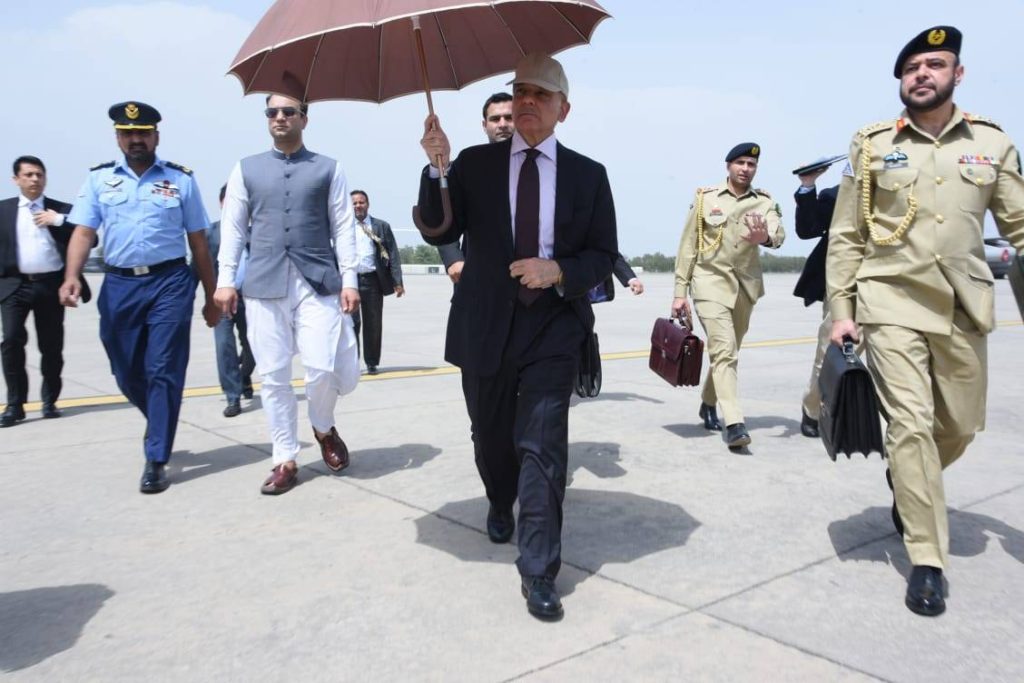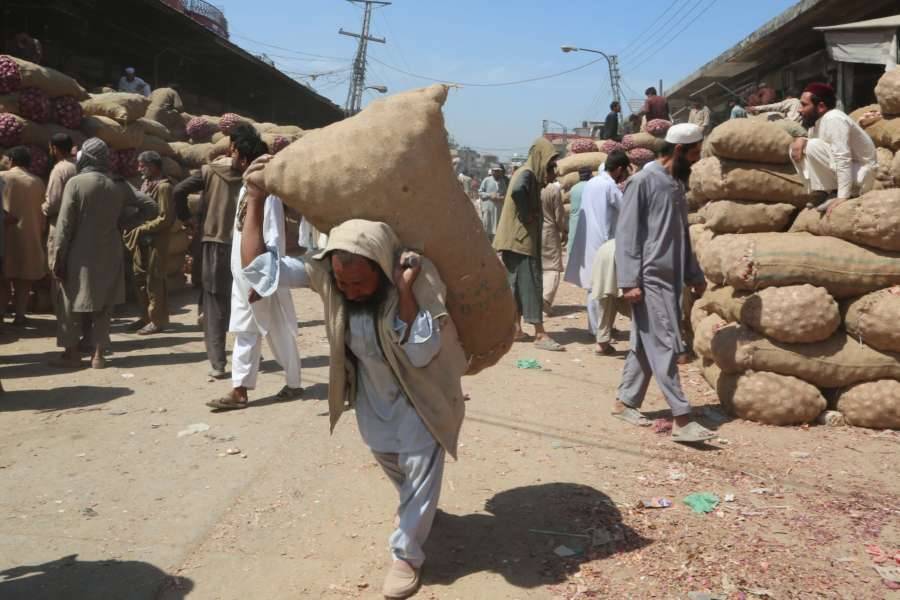
Sri Lanka’s collapse worries the region, but Pakistan’s collapse should worry the world
With a shrinking economy and rising inflation in Pakistan, experts worry that Pakistan’s future is bleak saying that while Sri Lanka’s collapse worries the region, Pakistan’s collapse should also be a cause for concern.
Pakistani elites live in a state of denial believing that the status quo in which they live an affluent life insulated from broader society is permanent. It is not. The bubble is collapsing, and the result will not be pretty, noted the National Interest Magazine.
The Ukraine-Russia conflict impacted the economy of the entire world. Already suffering an economic crisis, decades of corruption, mismanagement, and unstable governance, the situation of Pakistan has been particularly vulnerable. While many countries are dependent upon Ukrainian or Russian wheat or foreign energy imports, Pakistan requires both.
Between July 2020 and January 2021, Pakistan was the third-largest consumer of Ukrainian wheat exports after Indonesia and Egypt. The price spike in oil prices has hit Pakistan hard, driving up the cost of its imports by more than 85 per cent, to almost USD 5 billion, just between 2020 and 2021, the National Interest Magazine reported.
At the end of Pakistan’s fiscal year on June 30, 2022, its trade deficit neared USD 50 billion, a 57 per cent increase over the previous year.
In June, inflation soared to over 20 per cent, the highest in the recent past. In May, Pakistan’s Bureau of Statistics (PBS) stated that the inflation rate as measured by the Consumer Price Index (CPI) was 13.76 per cent. The inflation increased by 6.34 per cent month-on-month (MoM) and reached 21.32 per cent year-on-year (YoY) in June.
According to the State Bank of Pakistan (SBP), inflation in the country will remain in the range of 18-20 per cent this fiscal year.

“Reliance on imports for edible oil and oilseed meals to meet domestic demand consumption has been increasing over the past two decades: 86 per cent of domestic edible oil consumption in 2020 came from imports up from 77 per cent in 2000,” SBP stated.
Meanwhile, the education sector reported single-digit inflation of 9.46 per cent, and the communication sector reported inflation of 1.96 per cent, Dawn reported citing PBS.
Motor fuel, liquefied hydrocarbons and electricity charges recorded a 95 per cent increase in year-on-year inflation, as per the data.
Amid this, the soaring prices of food products, oil and fuel deteriorated the condition of the country.
Business experts have expressed concerns over the increasing value of the Dollar saying that the country is heading toward social unrest and fear and that it is becoming unsafe for foreign investment due to back-to-back government policies that seek to discourage investors.
Yusuf Nazar, a former chief strategist at Citigroup’s emerging markets division, estimates that Pakistan’s foreign exchange reserves have dropped by half since February to just USD 6.3 billion, akin to what Iran suffered under the so-called “maximum pressure” campaign, the National Interest Magazine reported.

He said that Pakistan has received more International Monetary Fund (IMF) bailouts than any other country. This shows the unwillingness or inability of the Sharifs, Bhuttos, and Khans to implement serious reform.
“International patience has worn out. The IMF no longer trusts Pakistani promises to reform and is unwilling to throw good money after bad. Islamabad’s unwillingness to conduct reforms demanded by the Financial Action Task Force (FATF) underlines how intertwined the Inter-Services Intelligence agency is with the murkier aspects of Pakistani finance,” Nazar noted.
Meanwhile, it was reported that the International Monetary Fund (IMF) intends to ban Pakistan from borrowing more from China. Islamabad’s plan to seek PKR 7.9 billion from China for China-Pakistan Economic Corridor (CPEC) projects is now likely to hinge upon the IMF recommendations.
Driving Pakistan’s economy with the help of external doles is unsustainable and Pakistan desperately needs structural reforms. The IMF has raised objections to Pakistan’s loans from China and arbitrarily high payments made to Chinese independent power producers (IPP), suggesting Islamabad renegotiate its energy agreements with Beijing.
With this, the China-Pakistan Economic Corridor (CPEC) projects, instead of promoting growth in Pakistan, have become a liability for Islamabad.
Sovereign counter guarantees to Chinese independent power producers eat up the Pakistani government’s revenue, even as Pakistan continues to face lengthy power outages. CPEC project implementation is sporadic even though, for the last four years, Pakistan is the world’s largest recipient of Chinese grants and assistance.
The anti-China sentiment in Pakistan is also quite high. The Chinese strategy of land grabbing and providing employment to its own people at the cost of the local population has created a new set of challenges.

The World Bank has warned that Pakistan could soon face “macroeconomic instability.” Societal instability would soon follow. Pakistan’s private sector has not created enough jobs to absorb the labour pool. Anger is reaching the boiling point, and growing criminality hints at a societal breakdown.
Given that, Sri Lanka’s collapse worries the region, but Pakistan’s collapse should worry the world, the magazine noted.
For decades, state failure in Pakistan has been a nightmare scenario. Both Pakistan and the broader world have had a taste of that scenario as violence, extremism, and poverty engulf the former capital and commercial hub of Karachi and as Pakistani authorities lose control over many regions alongside the Afghanistan border. (ANI)
ALSO READ: Ethnic tensions rise in Pakistan after Sindhi youth murder


